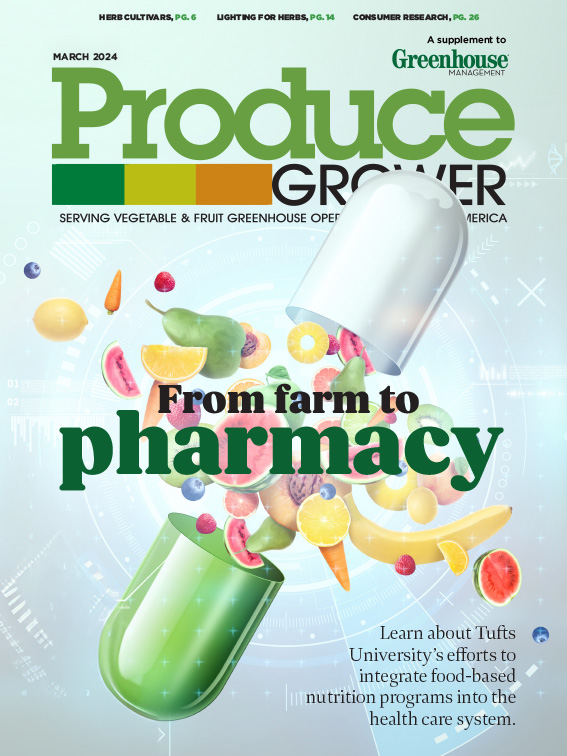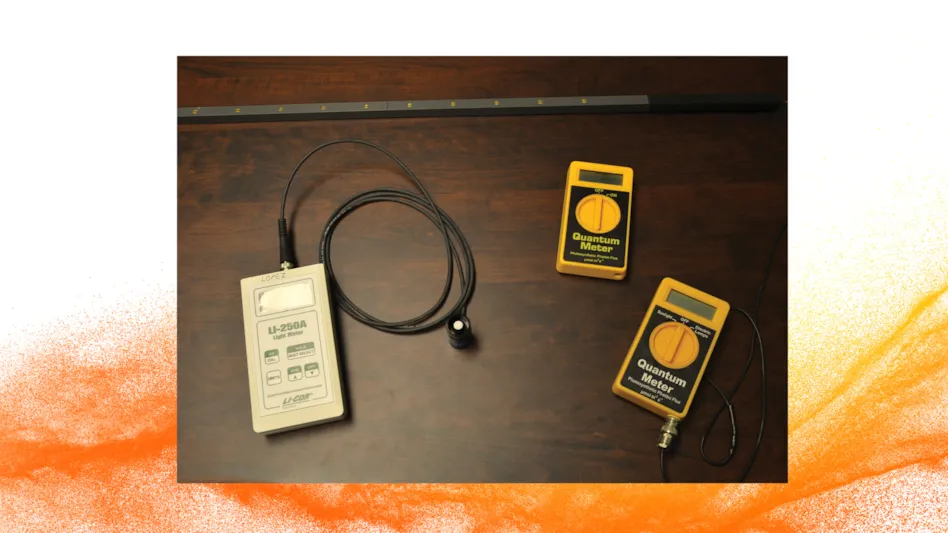
Food insecurity gets a lot of headlines in the mainstream press. And many of you (thankfully) are determined to help solve that issue. But it’s time to raise our collective voices about nutrition insecurity.
According to Wholesome Wave (wholesomewave.org), food insecurity is about providing enough food to those in need. Nutrition insecurity is about providing the right food to prevent or alleviate diet-related diseases like diabetes, heart disease, hypertension and obesity. Wholesome Wave’s mission is to provide affordable access to fresh, nutritious food for those suffering from nutrition insecurity and toward more equitable food and health systems. Since 2007, they have partnered with community-based organizations “by bringing powerful concepts and seed funding to co-design program approaches that work best for their community.” Program concepts are designed to raise and re-invest private funding to demonstrate what might happen if public funding was used more effectively.
Why is nutrition insecurity important? Poor diets harm not only our health, but also our economy. According to Food is Medicine Institute (tuftsfoodismedicine.org), the combined health care spending and lost productivity from suboptimal diets cost the economy $1.1 trillion each year. This equals the entire economic output of the food system — for every $1 we spend on food, the economy loses $1 in health harms, the institute reports.
This month’s cover story (page 8) highlights the new Food is Medicine Institute and how it will serve as a catalyst to drive change, improve health, reduce health disparities and create a more equitable and resilient health care system that recognizes the power of nourishing food.
The institute “will look to administer a network of collaborative efforts to implement, evaluate and integrate food-based nutritional interventions and education to promote health, well-being and health equity through innovative research, training, patient care, policy development and community engagement.”
Get involved and be part of the research, the education and the policy development at a local, state or national level. Your product saves lives.

Explore the March 2024 Issue
Check out more from this issue and find you next story to read.
Latest from Produce Grower
- UF/IFAS researchers work to make beer hops a Florida crop
- Nature's Miracle announces initial shipments of "MiracleTainer" series container farm
- Local Bounti opens new high-tech controlled environment agriculture facility in Pasco, Washington
- NatureSweet responds after ruling by U.S. Court of International Trade that invalidates tax on tomato imports from Mexico
- Former Danone executive becomes chief operating officer at NatureSweet
- FMI welcomes updates to WIC food package increasing fruit and vegetable benefits
- Passion grows progress
- U.S. Department of Labor finalizes farmworker protection rule





